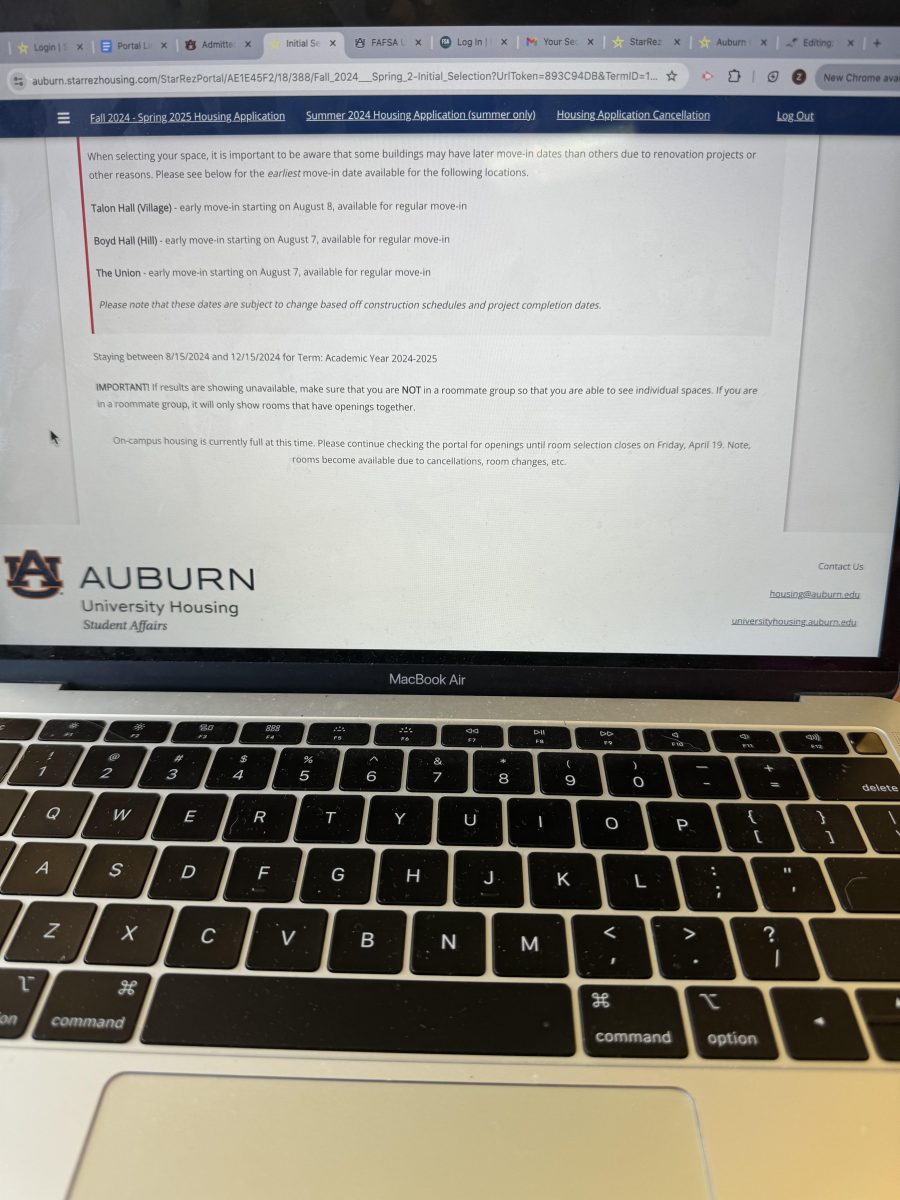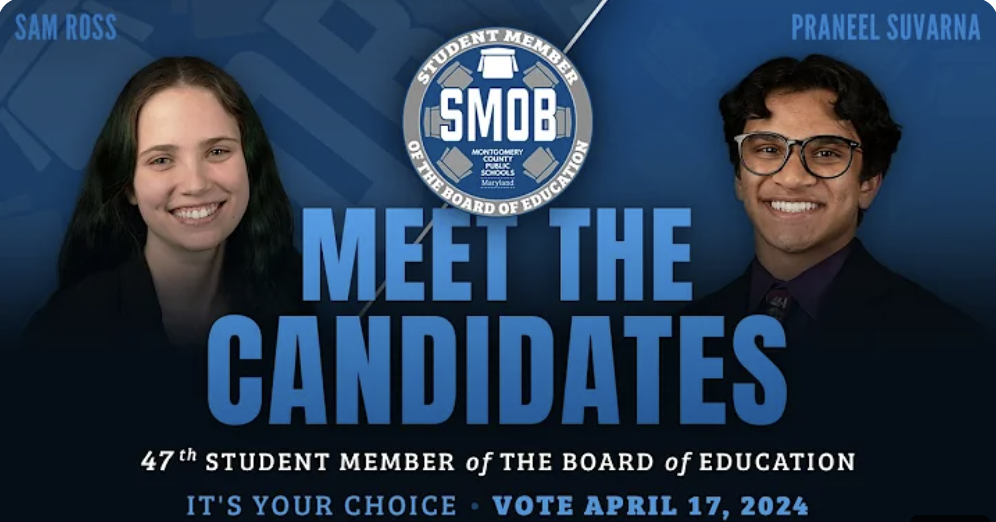In November 2012, President Barack H. Obama was re-elected as President of the United States. However, even after winning the re-election, Obama will continue to face many challenges throughout his second term.
“Obama’s second term will be just like the first,” said junior Dane Ray, a member of the Young Republicans club at WJ. “Despite all of his attempts, he will not be able to pass legislation because of the stubbornness of conservative leaders [in Congress]. There needs to be negotiations.”
Like the first term, the U.S. Congress is in a gridlock, which is where the two parties keep refusing to accept the other’s policies and vise-versa, which puts Congress and the law making process at a standstill. That is because the House is controlled by Republicans and the Senate as well as the Presidency are controlled by Democrats. Government teacher Nicolas Atencio thinks he knows a way Obama can get around this and help pass legislation during his second term.
Atencio stated that there are a couple of different routes Obama could take, such as compromising with the House Republicans. However, Atencio stated that Obama doesn’t seem to be the one to take that course of action.
“The route he is taking is trying to shape public opinion to force the Republicans to compromise with the Democrats,” said Atencio. “We saw this when Obama was able to raise taxes.”
With all this in mind, Obama is still trying to bounce back from the Bush administration, a time during which the U.S. economy plummeted into a recession that had great resemblance to the Great Depression in the 1930s. The new administration is currently producing plans to combat it.
In his second term, Obama has decided to change his game. After defeating the fiscal cliff, which involved across the board spending cuts that were put in place after the Bush tax cuts expired that forced Congress to work together, his next challenge was the debt ceiling. The debt ceiling is the maximum amount that the U.S. can be in debt, and he is still combating it. In fact, on Feb. 4, he signed legislation postponing the debt limit until May 18. What has everyone so terrified about the debt ceiling is nobody knows what the potentially devastating effects could be. Aside from that turmoil, Obama then faced a new challenge: the sequester. The sequester was made out to be a group of across the board spending cuts that would devastate America’s economy, but according to English teacher and Young Republicans sponsor Janelle Ryan, that simply isn’t true.
“The sequester was actually not really spending cuts, but cuts in government growth,” she said. “[The cuts] were cuts in government spending over a few years. This is why we haven’t felt the effects of the sequester, because it isn’t a severe impact.”
Ryan stated that since the cuts were only in the amount government would be able to spend and would not impact funding to programs, the impact of the sequester was not as severe as it was made out to be.
However, sophomore Emily Lavine thinks Obama’s second term is off to a good start, and also stated that, by shaping public opinion, Obama creates more possibilities on legislation he can pass.
“So far, it’s been going great,” she said. “He isn’t stopped by what he [had been] before, and his Republican opposition is on different legislation, so he might be able to get some of the original legislation passed. He still has some things to get around but he will be able to take action despite Republican opposition.”
While it has been off to a good start, Lavine did acknowledge the Republican opposition, and is worried that history will repeat itself.
“While we obviously have noticed some progress on issues Obama had, there are still problems,” she said. “Republicans are still blocking legislation and it will create more gridlock. All that will do is impose problems and stop progress on many issues Obama had.”
In the past, there have been problems with gridlock. In fact, as mentioned, the entire point the sequester was instated was so that Congress would have to work together, though that did not happen. What also contributes to massive gridlock, besides a Republican House and a Democratic Senate, is the filibuster. A filibuster is a way for the minority party to have a say in the Senate by stalling until either the bill is destroyed or they can get enough votes to convince people to vote for or against something. With that in mind, Atencio thought of yet another route Obama could take to possibility to combat the gridlock.
“It is possible that the Democrats could take back control of the House,” he said. “While it is not that likely, it is a possibility, and then more legislation will get passed and Obama can have more success in shaping public policy.”
Junior and co-president of the Young Republicans club Nevo Magnezi agrees that winning back control of the house isn’t a likely possibility and offered another piece of advice on how to combat the gridlock.
“If [Obama] wants Republicans to agree with him he is simply going to have to offer legislation that they like,” Magnezi said.
Ray added that Obama actually will be able to get legislation passed, but he thinks it would only be a budget, if anything.
With all of this in mind, Atencio knows that it will be up to the Obama administration to decide what path to take and that it will depend on the goals of the administration.
“Depending on the goals, that will dictate the path [Obama] takes,” said Atencio. “If they win the House, then they could go one way or they could try to pressure Republicans into complying with the President’s needs. It all depends on the goals.”


![Since the collapse of the Baltimore Bridge in late March, federal law enforcement has began investigating what preceded the event. In a statement to CBS News, a spokesperson for the FBI said, [The] FBI is present aboard the cargo ship Dali conducting court authorized law enforcement activity. There is no other public information available and we will have no further comment. (Courtesy Isaac Smay via Flickr)](https://www.wjpitch.com/wp-content/uploads/2024/04/53619368036_399400003a_b.jpg)




